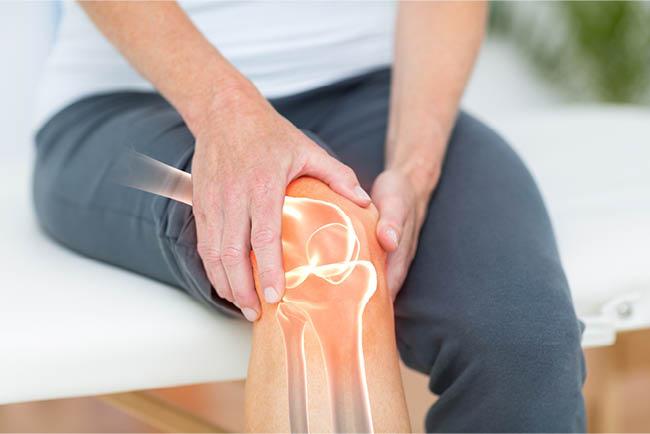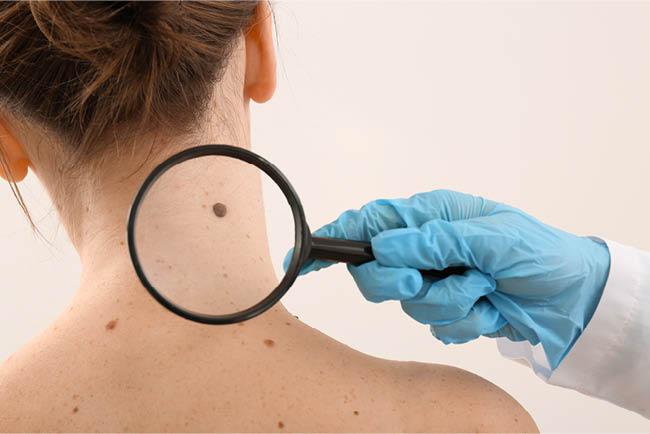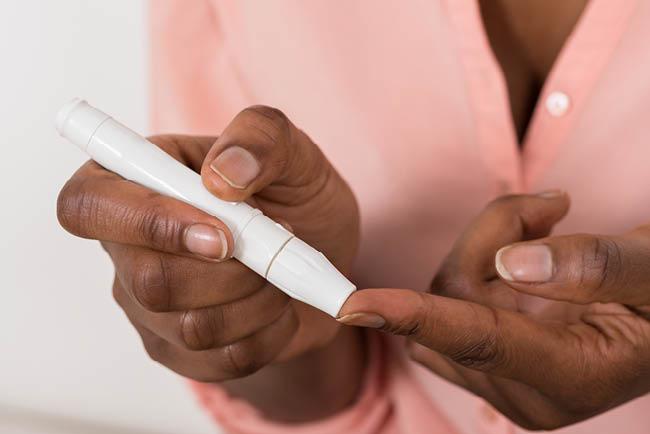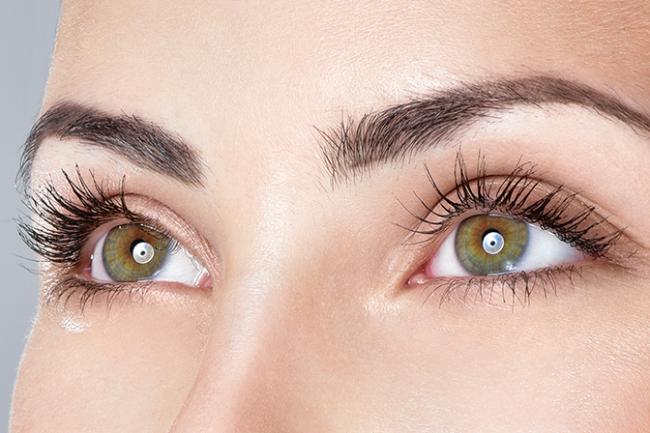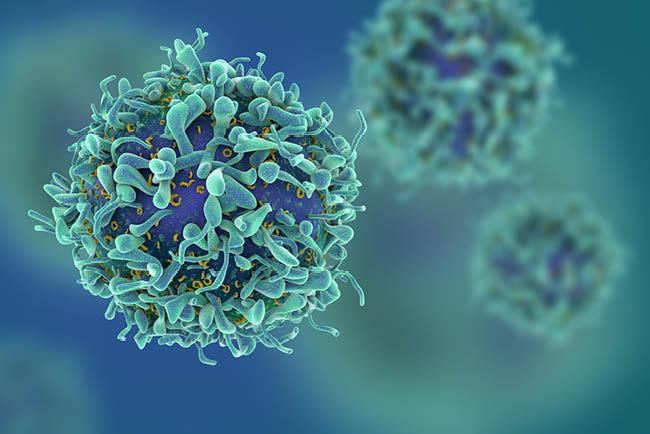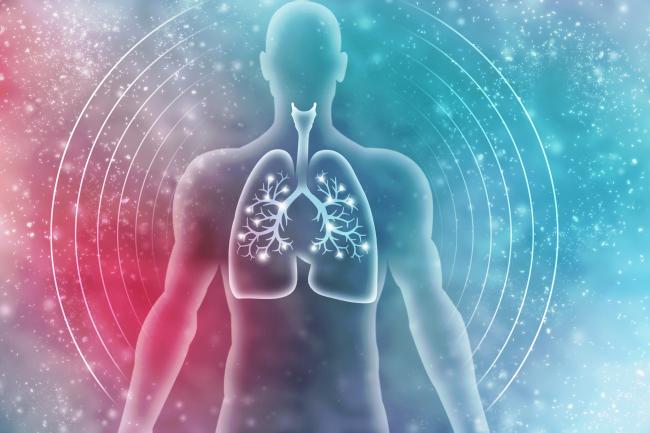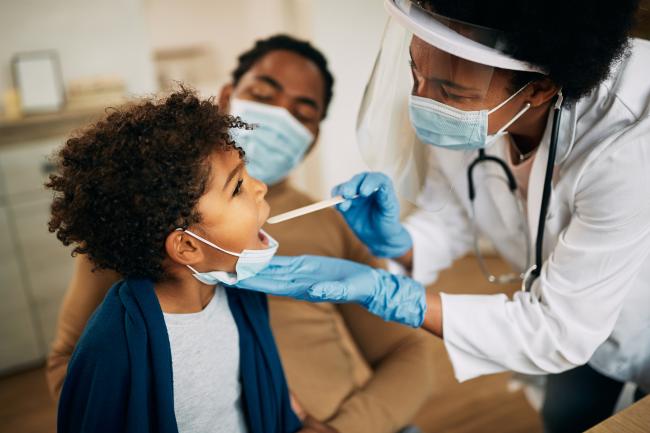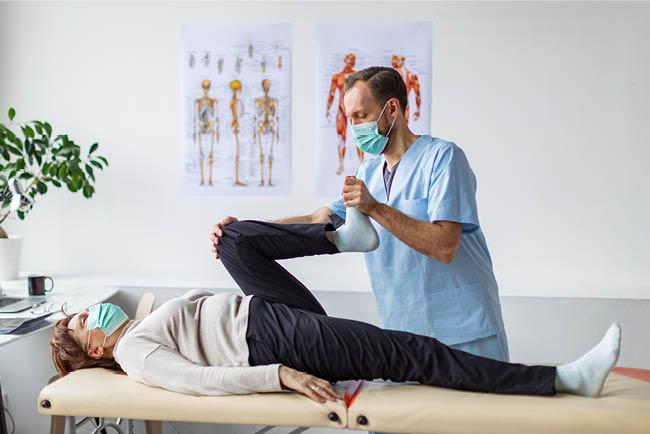Search Studies
Research studies are looking for volunteers just like you. Both healthy volunteers and participants with specific health conditions are needed to help answer important questions impacting the health of our friends and family. Join us to improve the health of others.
-
Does the amount of nicotine in filtered little cigars impact health and smoking habits?
Official Title LOWFLC Study: Addiction potential of low nicotine filtered little cigarsPurpose
Researchers from The Ohio State University are recruiting adult users of little cigars and cigarillos to help improve understanding of the products’ health impact.
Could this study be right for you?
- Current smoker
- No significant health problems
Age Range
21 - 75 years -
A Study for Reducing Alcohol Use During MOUD (Phase Two)
Official Title Brief Digitally Enhanced Intervention for Managing Emotional Pain and Reducing Alcohol Use during Medication for OUD (Phase Two)Purpose
This study is being done to further examine and improve how a brief clinical treatment intervention may reduce alcohol use among patients engaged in medication for opioid use disorder (MOUD) treatment.
The length of the study is approximately 10 weeks and will include two on-campus lab visits at Ohio State's Medical Campus, daily surveys via a smartphone app (surveys 3 times a day for ~21 days), three treatment sessions (completed online or in-person), and follow-up questionnaires (completed online). The total time commitment of the study is 11 hours and 6 minutes.
Could this study be right for you?
Inclusion Criteria:
- engaged in MOUD treatment (for at least one month)
- alcohol consumption (within the past 12 months)
- age 18 or older
- access to a smart phone
(partial list of inclusion criteria)
Exclusion Criteria:
- diagnosis of psychosis or bipolar I
- currently pregnant (positive pregnancy test)
(partial list of exclusion criteria)
Age Range
18 years and up -
Evaluating the Safety and Usefulness of an Investigational Study Drug for Treating Patients with Bipolar Depression
Official Title Depressive Episodes Associated with Bipolar I or II Disorder: A Double-Blind,
Placebo-Controlled Study to Evaluate the Efficacy, Safety, and Tolerability of
ABBV-932Purpose
The purpose of this study is to see if the investigational study drug is safe and useful for treating patients with bipolar depression.
Eligible participants will be randomized to receive the drug or placebo. A placebo looks just like the investigational study drug but has no active drug in it.
The maximum duration of the study treatment period is 6 weeks. Participants receive psychiatric evaluation at each visit, and physical exam, urine test and blood draws at some of the visits. All study medication and procedures are provided at no cost, and participants may be compensated for their time and travel for each visit attended.
Could this study be right for you?
A diagnosis of bipolar disorder (type I or II) and be currently depressed.
Age Range
18 - 65 years -
Psilocybin Study for Treatment - Resistant Depression
Official Title A Phase III, multicentre, randomised, double-blind,
controlled study to investigate the efficacy, safety,
and tolerability of two initial administrations of
COMP360 in participants with treatment-resistant
depressionPurpose
The study investigates a new approach for treatment-resistant depression using an investigational medicine related to psilocybin alongside psychological support.
Could this study be right for you?
You may be able to join the study if you:
— Are 18 years of age or older
— Have been diagnosed with major depression and have not responded to 2+ antidepressants
Other criteria will need to be met to confirm your eligibility for this study, which will last up to 62 weeks.
Age Range
18 years and up -
A Depression Study Examining the Effects of Lumateperone in Treatment-Resistant Depression
Official Title A Randomized, Double-Blind, Placebo-controlled Multicenter Study to Assess the
Efficacy and Safety of Lumateperone as Adjunctive Therapy in the Treatment of
Patients with Major Depressive DisorderPurpose
Depression is one of the most common mental health issues worldwide. Many people with major depressive disorder (MDD) take antidepressant medications that do not provide enough of a response to ease their depressive symptoms.
The primary objective of this study is to evaluate the benefit of Lumateperone 42 mg administered once daily compared with placebo as adjunctive treatment to antidepressant therapy (ADT) in patients with Major Depressive Disorder (MDD) who have an inadequate response to ongoing ADT.
Could this study be right for you?
You may be able to take part if you:
• are 18–65 years of age
• have a confirmed diagnosis of Major Depressive Disorder (MDD)
• feel that your current antidepressant medication is not working well
• Has tried 2 or more antidepressant medication in the current episode of depression
Other criteria will need to be met to confirm your eligibility for this study.
Age Range
18 - 65 years -
Contact Lens Study in Adults with Astigmatism
Official Title Evaluation of Wear Experience with PRECISION7® For Astigmatism Contact Lenses in Neophyte Lens WearersPurpose
The purpose of this study is to explore the wear experience with PRECISION7® For Astigmatism lenses in adults who have not previously worn contact lenses.
Could this study be right for you?
- Adults who have never worn contact lenses.
- Adults who have astigmatism
- Ability to attend 3 visits over the course of 3 weeks.
- Satisfy all other study eligibility and exclusion criteria.
Age Range
18 - 40 years -
A First-in-human Study of a New Gene Therapy (AMT-260) in Adults with Unilateral Refractory Mesial Temporal Lobe Epilepsy (MTLE)
Official Title A Multi-center, Phase 1/2a, First-in-human (FIH) Study Investigating the Safety, Tolerability, and Efficacy of AMT-260 in Adults with Unilateral Refractory Mesial Temporal Lobe Epilepsy (MTLE) Administered via Magnetic Resonance Imaging (MRI)-guided Convection-enhanced Delivery (CED)Purpose
You are being invited to participate in a study about mesial temporal lobe epilepsy (MTLE) on only 1 side (unilateral) of the brain that has not responded to medication (refractory).
The study will test AMT-260, which is a new gene therapy under investigation for use in treating people like you with MTLE. It is not yet approved as a drug for treating MTLE. It can only be used in a study like this one. This is the first time this gene therapy will be used in humans. It has previously been studied in animals.
AMT-260 is a gene therapy designed to reduce the electrical signals between nerve cells (neurons) in the parts of your brain where nerve cells are abnormally connected. This reduces the extra electrical signals that happen at the same time and is intended to reduce your seizure activity.
The overall goals of this study are:
- To observe whether participants have any side effects from AMT-260 or from the procedure to deliver AMT-260 into the brain and how well participants tolerate any side effects that may occur.
- To measure if participants have changes in:
- frequency of their seizures
- how their seizures affect their life
- how the human body takes up and removes AMT-260
- To find the best dose of AMT-260 for future participants to ensure clinical benefit with minimal or no side effects.
Could this study be right for you?
Adult, 18-65 years of age, inclusive, capable of giving informed consent.
Written informed consent is given freely after the nature of the study has been explained to the participant and the completion of data disclosure.
Willingness to undergo necessary surgical procedures.
Diagnosis of unilateral refractory MTLE for ≥360 days, confirmed by an Epilepsy Monitoring Unit.Additional Eligibility Criteria to be assessed by neurosurgery team, and as described in the study protocol.
Age Range
18 - 65 years -
Teen Depression Study
Official Title Developing Rumination-Focused Treatment to Reduce Risk for Depression Recurrence (RDR) in Adolescence (RuMeChange)Purpose
We are conducting a study looking at how therapy strategies can help teenagers stay healthy, reduce rumination, or overthinking and worrying, and prevent depression relapse. If eligible, the teenager would complete assessments which include clinical interviews over Zoom, surveys, cognitive testing, and an MRI.
A parent/guardian is required to enroll in the study and will complete questionnaires and a clinical interview as well.
Could this study be right for you?
Inclusion Criteria:
- 14-17 years of age at enrollment
- Youth assent and parent consent
Exclusion Criteria:
- Metal braces, tattoos with metal
- Claustrophobia
- Current pregnancy
Age Range
14 - 17 years -
Social Abilities and Aging Study
Official Title Progression of Social Cognitive Deficits in Mid- and Late-Life Schizophrenia Spectrum DisordersPurpose
This research is being done to investigate the effects of age on social cognition in schizophrenia spectrum disorder. The study also hopes to examine potential neural bases of social cognition. The findings of the research will help develop effective treatment strategies by identifying who, when, and how to intervene.
Could this study be right for you?
Patients:
- Diagnosis of a schizophrenia spectrum disorder (includes schizophrenia, schizoaffective disorder, bipolar disorder with psychotic features, schizophreniform disorder, unspecified or other-specified psychotic disorders)
Healthy Controls:
- No history of any psychotic disorder
- No psychiatric diagnosis in the last 5 years
- Not taking psychotropic medication
Age Range
35 - 75 years -
IMPROVE-AD Trial: IMPRoving Outcomes in Vascular DisEase
Official Title IMPROVE-AD Trial: IMPRoving Outcomes in Vascular DisEase – Aortic DissectionPurpose
The goal of this study is to figure out the best way to treat type aortic dissection. An aortic dissection is a tear in the wall of the aorta. The aorta is a big blood vessel that carries blood from your heart to the rest of your body. Individuals with this problem usually get medicine or a special repair procedure. This procedure is called thoracic endovascular aortic repair (TEVAR). TEVAR is a procedure where a metal tube (called a stent), is inserted in the damaged part of the aorta. The study is being done to figure out which treatment works better. The results of the study may help to prevent future problems with the aorta or other health issues.
Could this study be right for you?
Inclusion:
- Age > 21 years
- Stanford type B aortic dissection not involving the aorta at or proximal to the innominate artery, without rupture and/or malperfusion (renal, mesenteric, or extremity)
- Acuity: within 48 hours – 6 weeks of index admission
Exclusion criteria:
- Ongoing systemic infection
- Pregnant or planning to become pregnant in the next 3 months
- Life expectancy related to non-aortic conditions < 2 years
- Prior surgery for aortic dissection
Age Range
21 years and up -
AAA-SHAPE Trial: Abdominal Aortic Aneurysm Sac Healing and Prevention of Expansion
Official Title AAA-SHAPE Pivotal Trial: Abdominal Aortic Aneurysm Sac Healing and Prevention of ExpansionPurpose
The purpose of this research is to determine if the IMPEDE-FX RapidFill System is safe and helps to shrink abdominal aortic aneurysm (AAA - a bulge or swelling due to weakening of the walls of the aorta, which is the main blood vessel that carries blood from your heart to other parts of your body) sacs after an endovascular stent graft (a fabric tube supported by metal wire stents that reinforces a weakened aorta) has been placed. The IMPEDE-FX RapidFill System used in this study is classified as investigational, which means it has not been approved by the Food and Drug Administration (FDA).
Could this study be right for you?
Inclusion:
- A candidate for elective EVAR of an infrarenal fusiform aortic aneurysm ≥5.5 cm in diameter in men and ≥ 5.0 cm in women
- Thrombus burden (percentage of the AAA sac occupied by thrombus) <50%, based on pre-procedure CTA
- Maximum Lumen diameter within the AAA sac of ≥40mm
- The predicted minimum number of IMPEDE-FX RapidFill Implants for the subject is ≤200
Exclusion:
- An inability to provide informed consent
- Enrolled in another clinical study that could interfere with the outcomes being studied in this trial
- Unable or unwilling to comply with study follow-up requirements
Inclusion and Exclusion Criteria varies, please contact Study Coordinator for more information.
Age Range
18 years and up -
Study with LGBTQ+ tobacco users and vapers
Official Title Sexual and gender diverse young adults' preferences for nicotine and tobacco product attributesPurpose
We are inviting LGBTQ+ folks to share their opinions about product features (e.g., flavors, nicotine levels) and other factors (e.g., stress, social media, marketing) that make people want to try or continue to use tobacco products.
Could this study be right for you?
- Able to speak English fluently
- Identify as LGBTQ+
- Used nicotine/tobacco products in the past 30-days (cigarettes, cigars, cigarillos, e-cigarettes, etc.)
- Reside in the U.S.
Age Range
18 - 34 years



